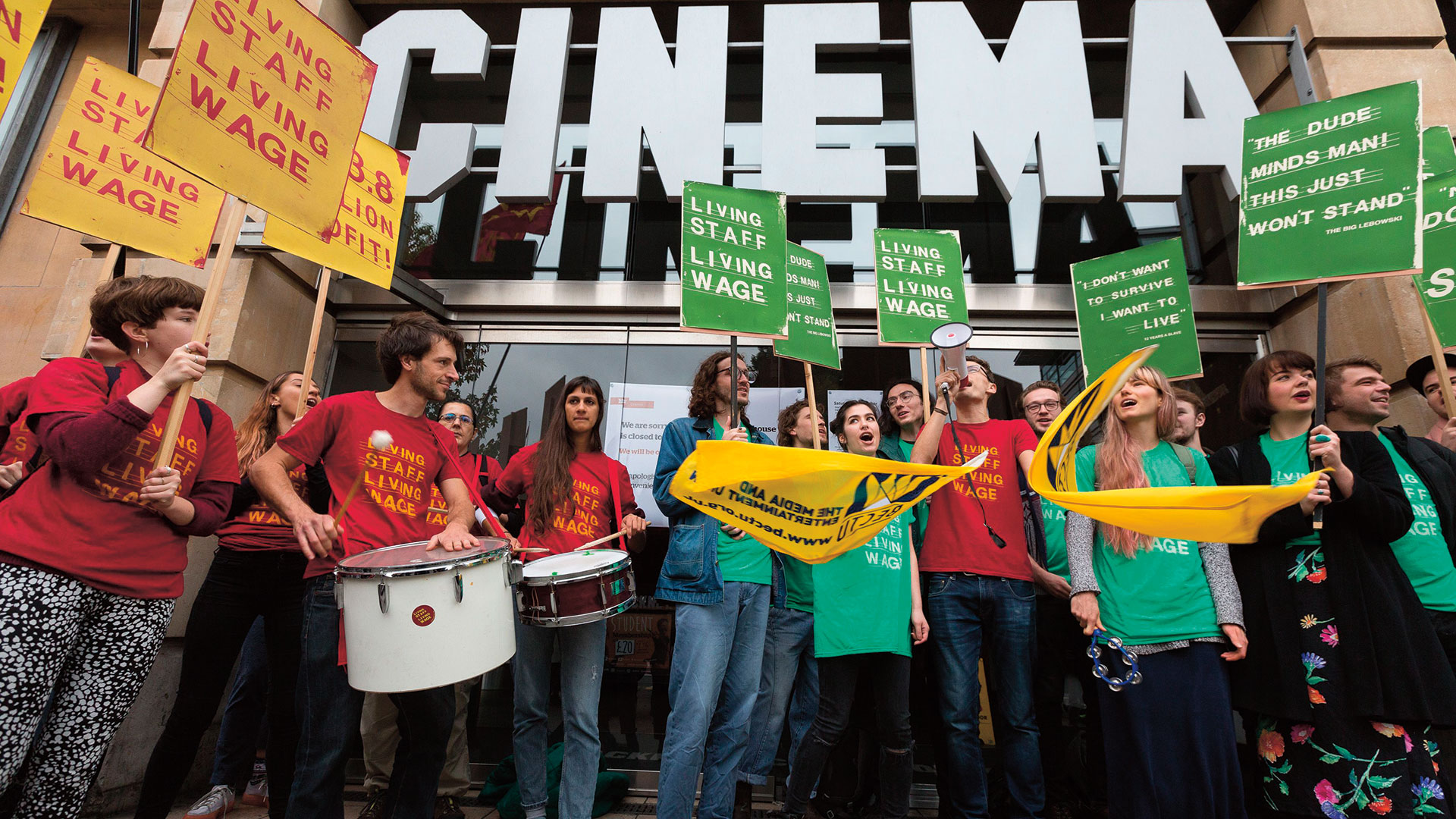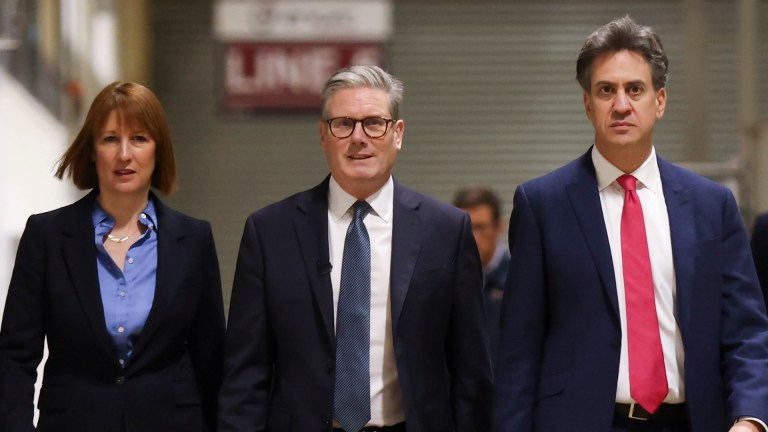A few years ago I was in a cathedral with 400 sixth formers. We were debating ethics and green living. Many seemed very concerned. “How many of you buy cheap clothes that you throw away?” I asked. I saw plenty of unsettled expressions. At that time textiles volume had grown massively as a proportion of UK landfill – it’s still 350,000 tonnes a year – linked directly to cheap manufacturing in the Far East, sold at dirt-cheap prices by high street chains turning big profits on large turnover.
If you can buy a cool new outfit so cheap, who cares if it falls apart? Wear it a couple of times and throw it away. It turns out Britain could mutate from a make-do-and-mend attitude that endured well past the 1970s into a throwaway nation in just one generation. It’s not teenagers I blame. Adult Britain at large needs to examine its conscience through its spending.
You may not buy illegal counterfeit cigarettes that avoid duty (many do) but what about some of those cheap nail bars and makeshift carwashes that have sprung up nationwide? As I learned recently at a government conference on tackling serious organised crime, these can be big business for criminal gangs exploiting trafficked migrants. That’s slave labour. It all relies on nice law-abiding citizens turning a blind eye because, well, it’s so cheap isn’t it? Maybe trafficked people would rather be exploited than deported and who wants to get sucked into that political issue? And anyway, everyone else is going.
Even without obvious criminal exploitation, the zero-hours contract and task economy requires a lot of blind-eye turning
There are cannabis factories; pop-up brothels offer trafficked and abused women in a short-term online rented flat near you. ‘Pop-up’ brothels? This is a phenomenon. But wait, what about the market for the happy, homegrown, ethically sourced British sex worker we hear so much about? I ask a senior female police officer who’s worked in tackling sex trafficking for years. She looks at me with matter-of-fact bemusement. In her experience, the kind of men going out to buy sex are not worried about whether the woman has been coerced or not. How did so many British men come to think it was okay?
Even without obvious criminal exploitation, the zero-hours contract and task economy requires a lot of blind-eye turning. Look again when visiting major cinema chains. Do you see young low-paid staff, never enough on duty to cope with the queues or the cleaning or to notice that the sound isn’t on in your screen? Maybe they’ve improved the website to make it easier and cheaper to buy tickets online. Unless you want to buy overpriced snacks you needn’t come face to face with a harried, overworked young person and feel guilty. An unintended but welcome consequence for cost-cutting senior management.
So here we all are, spending less per visit but buying more and more leisure services. Not just cinemas but in theme parks, chain restaurants and budget airlines. Companies have worked out ways to maximise profits (pay extra for a fast pass because the rides are understaffed and leave others to fume in a long waiting line) to keep up the illusion of value. The task economy, under the claim of ‘flexible’ working, has created new jobs that offer cheapness on the back of unprotected workers and tiny per-unit payments. When so many of us are working so hard for so little, we are encouraged to crave our treats more than ever. Just click and order.











